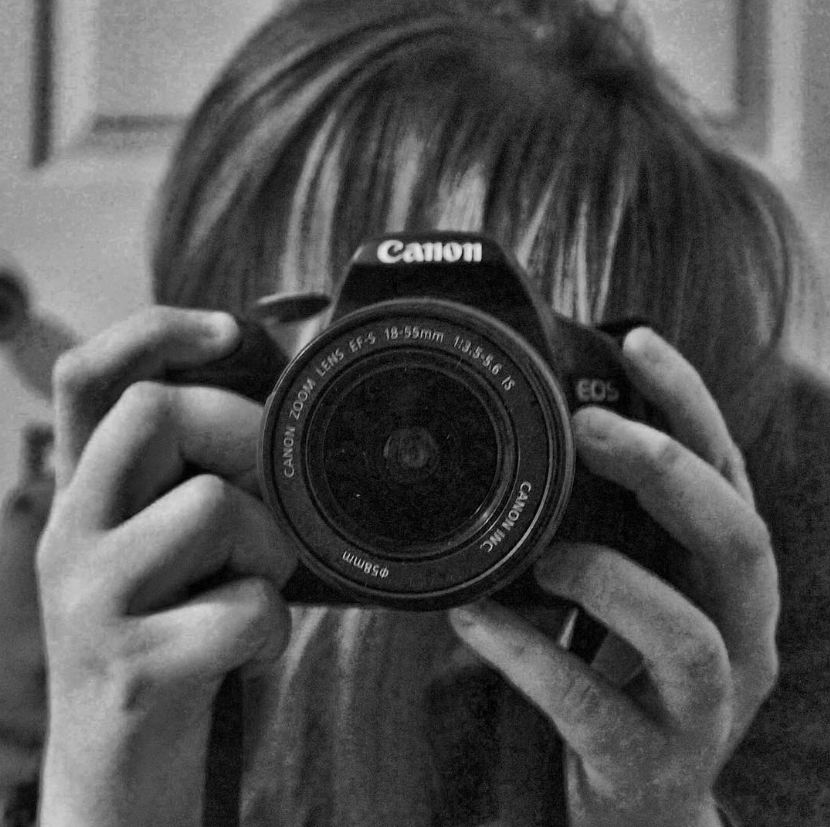Meet our #Warrioroftheweek, Connor Rose 💙
Spotlight on: Connor Rose
Hey! My name is Connor, and I am 23 years old, currently living in the United Kingdom. I have a supportive family, a beautiful fiancé, and great friends.
I have experienced visual migraines throughout my life. When I was 17, I suddenly developed an aura in the middle of my vision that never went away. This caused panic, leading to brain scans, eye tests, blood tests, and more to rule out any underlying health issues. Fortunately, all the tests came back normal, so I resumed my life and managed to ignore my visual disturbances for many years, leading a happy life.
In 2021, my visual disturbances worsened, causing anxiety and worry, with symptoms being triggered by stress. I had to take time off work and underwent more tests, eventually seeing a specialist who diagnosed me with Visual Snow Syndrome, something I had no idea about since I was 17.
My experience of the world is characterized by mild visual snow that doesn’t bother me much. The most bothersome symptoms for me are the flashing and color-changing aura in the middle of my vision, afterimages, ghosting, light sensitivity, night blindness, and starbursts. These symptoms make even the simplest tasks difficult and stressful. Nighttime is particularly challenging, and activities like going to dinner in low light make me feel detached from reality, experiencing a state known as derealization. The constant presence of auras, flickers, and afterimages can make me feel anxious and even trigger panic attacks.
While I still have a long way to go, I am in a much better place than I was six months ago.
My advice to anyone dealing with VSS is to get medical tests done and seek a specialist’s diagnosis. Keep yourself occupied, don’t let it put your life on hold, maintain a healthy diet, exercise, quit smoking (if applicable), reduce alcohol and stimulant intake, and try your best to ignore the symptoms (although easier said than done). Most importantly, remember that it’s okay to feel down and frustrated, but don’t let it take over your life. It may be challenging, but life is still beautiful, even if we see it differently.
A heartfelt thank you to The Visual Snow Initiative for raising awareness about this rare neurological disorder. It is crucial that we continue to improve our understanding of this condition. Thank you! 😊







